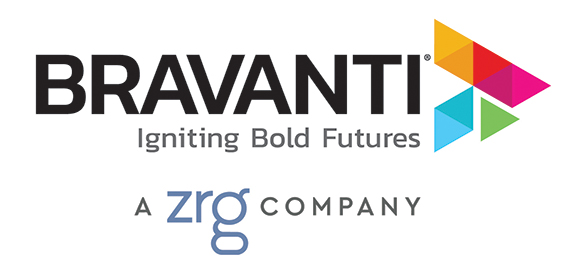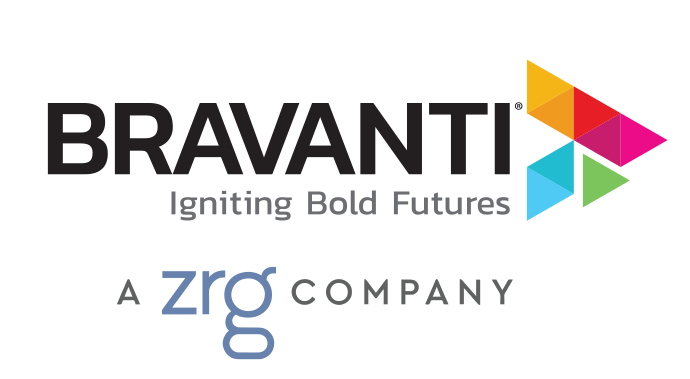By Pat Cross, Senior Career Coach, Bravanti
“Will my age be a factor when I interview for a job?”
“Will they think I’m overqualified? Too old?”
It’s not unusual for seasoned applicants to have these concerns. Interviewing for a new position later in your career can be as daunting as interviewing for your first job, but for very different reasons.
You may have concerns that your experience will be seen as an overqualification or that there will be assumptions about your age as a factor of productivity, capability, or culture fit.
Fortunately, you can prepare ahead of time to counter these potential concerns and others. Here are eight interview tips to help you navigate that upcoming interview with confidence.
Tip #1: Get Familiar with the Technology
During the pandemic, almost all interviews became virtual. Now, even though in-person interviews are making a comeback, you should still be prepared in case some parts of the process are conducted virtually.
Familiarize yourself with the technology that may be used such as Zoom or InterviewStream. Make sure you set up your interview in an area with good lighting and no distractions, and that the interviewer has a clear view of you. Get some practice and feedback.
Tip #2: Dress the Part
“Always wear a business suit to an interview” was often advice we were given, but this may no longer work in today’s more informal business environments.
We do advise our candidates to err on the side of professional dress in order to make the right first impression. That being said, keep in mind the position and company culture. Neat, clean, and appropriate to the position you’re seeking always works!
Tip #3: Choose Your Words Wisely
Find alternatives for phrases and words that age you! For example:
- Instead of “Back in the day…” use “In my experience…”
- Instead of “When I was your age…” use “Earlier in my career…”
- Instead of “Nowadays, companies just don’t appreciate…” use “Today’s companies are focused on …”
- Instead of “Superiors” or “Subordinates” use “Leaders” and “Team members”
- Instead of “Things sure have changed from when I started…” use “I’m good at keeping up with today’s pace of change.”
Tip #4: Add Depth to Your Strengths and Accomplishments
Speak to your strengths and accomplishments and make it dynamic! For example:
“I bring a solid track record of increasing sales and expanding the client base for every company I’ve worked for” instead of “I have 25 years of sales experience.”
Tip #5: Address the Elephant in the Room
Be ready to address the “overqualified” question if it comes up. The interviewer may be concerned that you will ask for too much money or that you might get bored with the role quickly. Ask the question, “Tell me what your concern is” and be ready to address that. Most importantly, focus on the skills and experiences you bring.
Tip #6: Demonstrate Skill and Knowledge Relevance
Show that you’ve kept up to date with your skills and knowledge of the industry. Be ready to share something new (and relevant) you’ve learned recently (for example, a new process or software), a certificate or training that you’ve completed, or some recent research you’ve done on the industry.
Tip #7: Be Straightforward with Your Value
Remember to be clear, concise, and confident about how you can be successful in the role and a contributor to the organization.
Tip #8: Follow up
Within 24 hours after the interview, send a follow-up email to the interviewer(s). This should go beyond “Thank you for the interview.” Yes, you want to thank the interviewer, but use this follow-up note to highlight three important things you bring to the position.
Examples: proven ability to attract, grow, and retain high performing teams; exceptional ability to resolve customer issues; track record of completing projects on time and on budget.
Ready to land your next role with these interview tips?
There is a great need for more seasoned workers in today’s workplace. And that population is growing: according to the U.S. Bureau of Labor Statistics, the 55+ population’s share of the labor force is anticipated to grow to nearly 25% in 2024.
Mature workers bring skills, experiences, wisdom, and knowledge that are critical to an organization’s success. With these interview tips, along with a display of high energy, openness to change, current knowledge, and the ability to mentor, you can position both you and your potential employer for shared success.
Content related to 8 Interview Tips for ‘Seasoned’ Job Applicants
Been there, done that: Putting Diverse Experiences to Work in the Job Search
Why Youth or Experience Can Be Advantageous in Today’s Job Market

